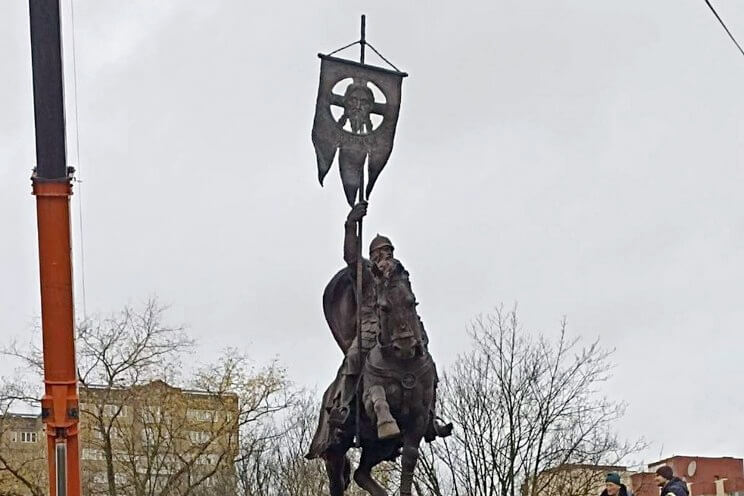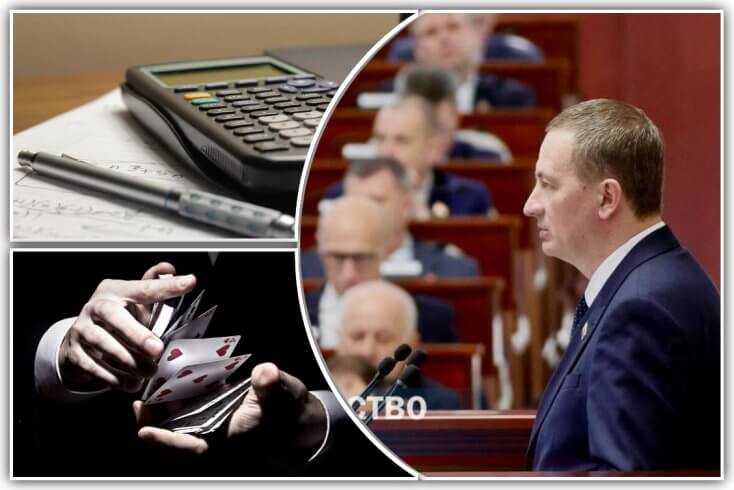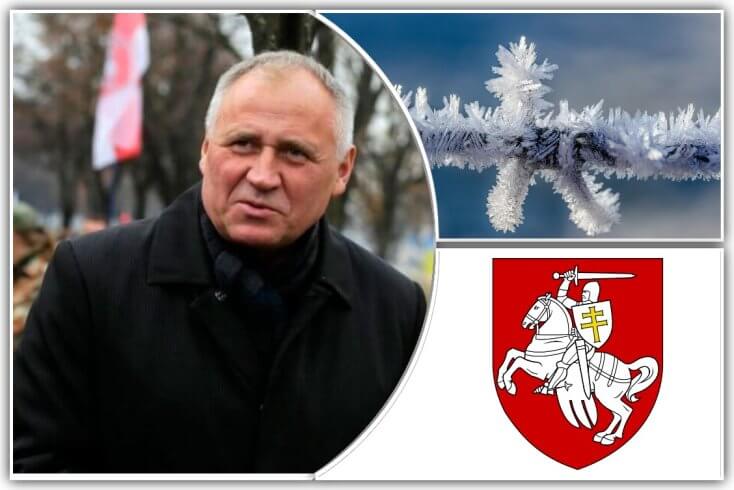
Alexander Nevsky, a prince of Novgorod and grand duke of Kiev, has become a key figure in Russia’s national history. Prince Nevsky’s victory over the Livonian Order at Lake Peipus in April 1242 is celebrated as Day of Military Glory. In Belarus, Nevsky was a marginal figure until recently. The creation of a new monument to Nevsky in central Minsk shows that Moscow is successfully bringing Minsk under its ideological control.
Prince Nevsky’s cult
In the last two decades, dozens of Nevsky monuments and sculptures have cropped up in Russia. Many streets, schools and residential areas have been named in his honor. History teachers give considerable attention to his rule. Vladimir Putin and other Russian leaders declared him the heavenly patron saint of the land forces and marines. In the 16th century, the Russian Orthodox Church, which has traditionally played an important role in establishing the cult of Nevsky, elevated him to the ranks of faithful saints.
Some historians argue that the Russian establishment exaggerates the importance of his military victories and that its interpretation suits the Kremlin’s current political interests.
After Russia’s annexation of Crimea in 2014 and full-scale military invasion of Ukraine in 2022, Nevsky became a historical symbol of the “Russian world.” Russia unveiled a Nevsky monument and named a school and a residential complex after the prince in the occupied Ukrainian city of Mariupol.
The cult is not limited to the geographical borders of Russia and the occupied territories of Ukraine. Russia also erected busts in Bendery, Transnistria, and at the Russian military base of Khmeimim in Syria. Monuments were also erected in Kazakhstan and Belarus.
Kazakh and Belarusian cases differ
In Pavlodar, Kazakhstan, a bust of Nevsky was unveiled in 2005 in the park of the local Orthodox Cathedral of the Annunciation. It was an old Soviet monument from the 1950s that had been moved there on the initiative of local activists.
In July 2023, a monument to Nevsky was installed at an Almaty Orthodox church of the same name. According to the ORDA Telegram channel, the location was chosen after the Committee for the Protection of Historical and Cultural Monuments had prohibited its installation in three other places.
In Belarus, a monument to Nevsky, his wife Viciebsk Princess Alaksandra and son Vasil was erected in early 2016 at Viciebsk’s Millennium Square. It was designed by Belarusian sculptors Ivan Kazak, Alaksandar Hvozdzikaŭ and Jauhien Kołčaŭ. The sign on the pedestal was made in Belarusian, which is characteristic of that soft Belarusization period.
The new monument will be unveiled on November 14, an anniversary of the prince’s death, near the Russian Embassy in downtown Minsk. Russian Ambassador Boris Gryzlov emphasized that it was made by a Belarusian sculptor. Nevertheless, the design is fully in line with the Russian tradition with Nevsky being portrayed as a brave commander without any connection to Belarus whatsoever.
By placing the monument to the Orthodox church park, Astana emphasized that Nevsky is a foreigner largely unimportant for Kazakhstan. Obviously, the Kazakh government would not adopt Russian propaganda narratives.
In Belarus, the new statue, not integrated into the local cultural context, demonstrates Minsk’s political and ideological dependence on Moscow.
Minsk follows empire’s ideological line
In 2005, German historian Frithjof Benjamin Schenk published the fundamental study Aleksandr Nevskij. Heiliger – Fürst – Nationalheld. Eine Erinnerungsfigur im russischen kulturellen Gedächtnis (1263–2000) (Alexander Nevsky in Russian Cultural Memory: Saint, Ruler, National Hero (1263 – 2000)). He examined how Nevsky was used in different periods of Russian history, paying special attention to the second half of the 1930s, when Josef Stalin’s agitprop used Nevsky myths in its anti-Western and, above all, anti-fascist propaganda.
Schenk’s book ends with the era of Boris Yeltsin. Under his successor Vladimir Putin, the Kremlin draws on the Stalinist tradition of glorifying Nevsky. In September 2021, Putin proclaimed Nevsky “a great example of service to the Fatherland.” In November 2023, the Russian president defended the prince’s “bowing to the Horde khans” because it helped “effectively resist the invasion of the West.”
The recognition of Nevsky and his glory is a kind of loyalty test for Kremlin’s partners and allies, and monuments are used for “marking the territory,” Belarusian historian Alaksandar Paškievič said. In 2023, both Kazakhstan and Belarus passed the loyalty test, but Minsk passed it with flying colors. While the monument to Nevsky in Almaty demonstrates Astana’s cautious and diversified foreign policy, the Minsk monument emphasizes Łukašenka’s political and ideological dependence on Moscow and promotes the Russian heroic narrative in Belarus



